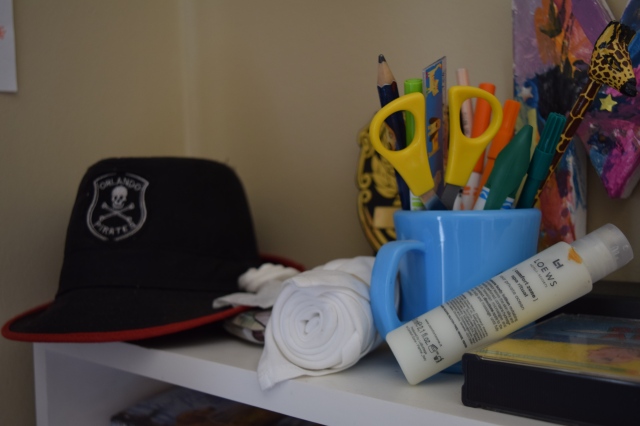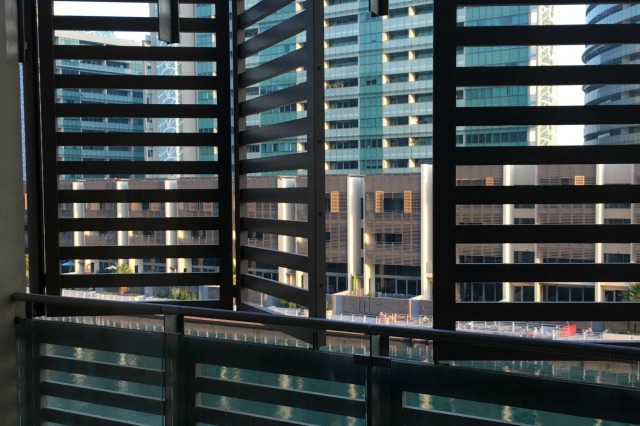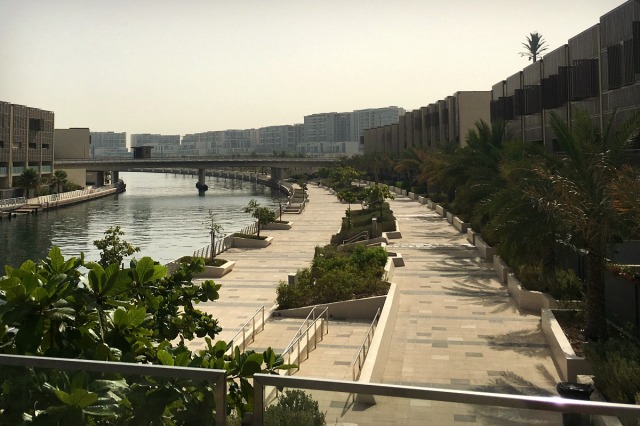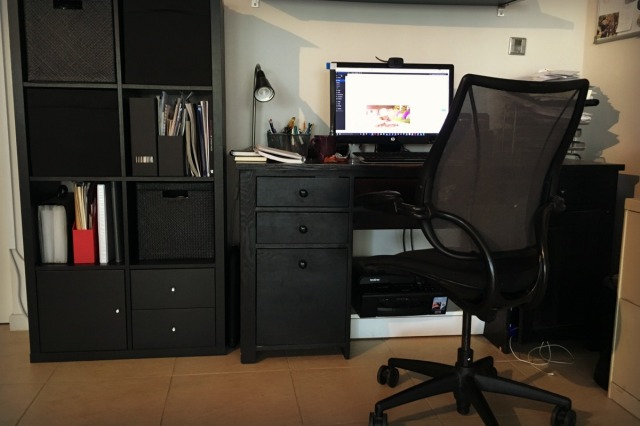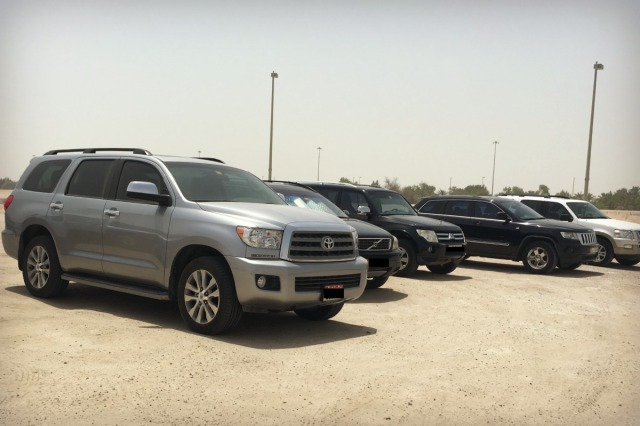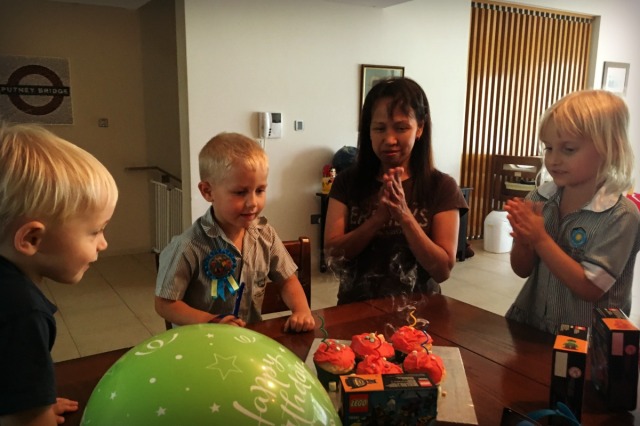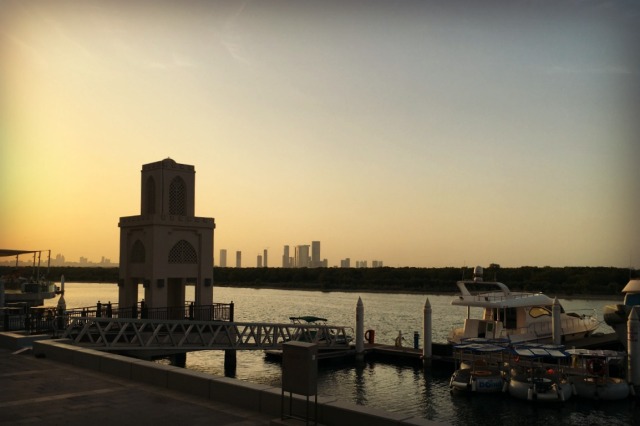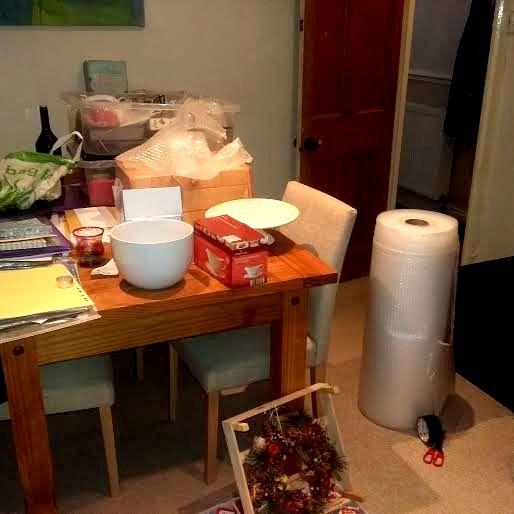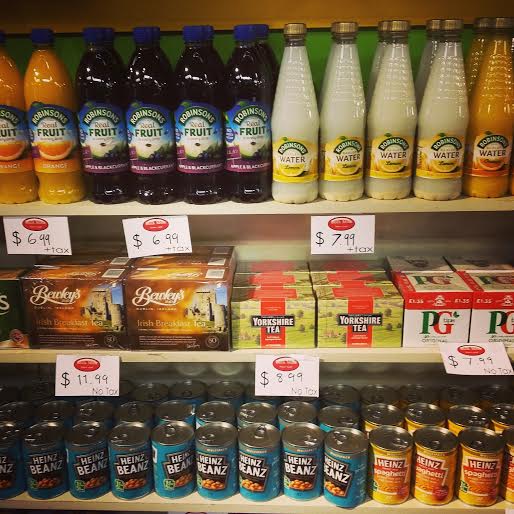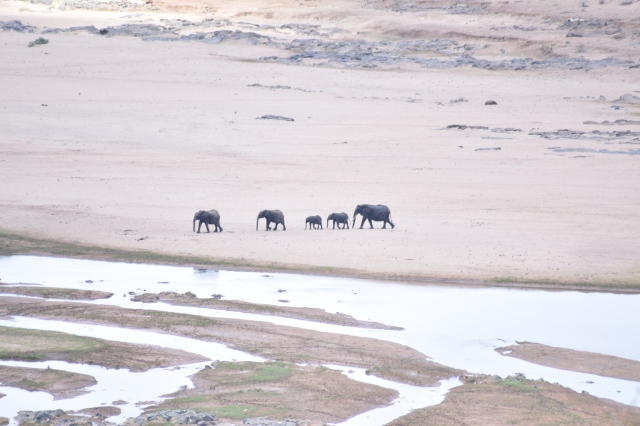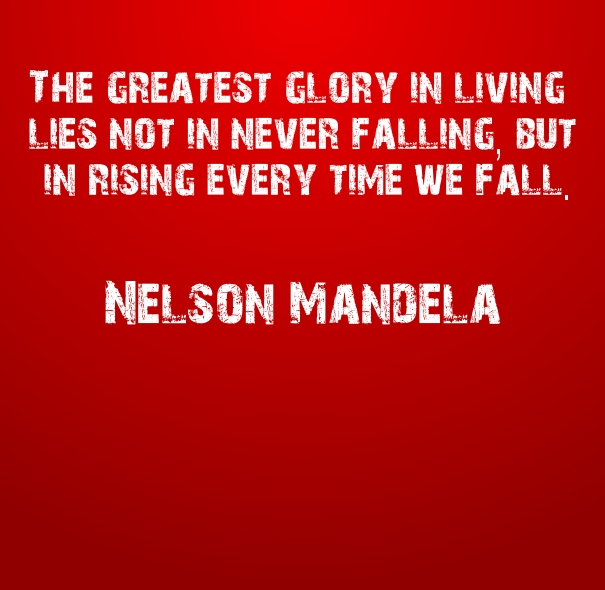Welcome to the latest post in my series on Male Trailing Spouses. I love that I have had such a great variety of men taking part in this series, from so many different places. This week I feature Brian, an Australian who lives in Iran with his Swedish wife and their daughter. Brian’s answers to my questions are extremely insightful and I hope they will help other men in his situation or considering taking the plunge into trailer-dom.

Hi Brian and welcome to the series! First of all, please could you tell me a little about yourself and your partner/family.
My name is Brian, a native Australian and naturalised Swede. I am trailing spouse of a Swedish diplomat, and we have a 4-year old daughter (dual Australian/Swedish). We are presently posted in Iran. Prior to this we have been posted to China (where we met), Syria, Sweden, Belgium, and Austria. I have also been posted to Thailand, while my wife worked in China.
As a male trailing spouse, how did you feel when you first arrived in your new country?
Every posting is the same, and yet at the same time different, at the start; that is to say there are things you find normal for every arrival, and things you notice are different. It is all about compare and contrast! I don’t think that being newly arrived is much different for male spouses as female. Certainly, however, the spouse’s arrival is very different from the arrival of the posted officer who often immediately has work to preoccupy them
Arrival is always hectic, filled with new people, new places, and new sights and sounds. You need to make a lot of notes, get very familiar with maps of the area, names of places, and where to go for this and that. In hardship postings, that initial difficulty is often greater, and start-up fatigue is more common.
The cycle of postings is clear that, even in difficult places, there is a honeymoon period where things are all new and mostly interesting, and you are striving to make the posting fit you, or the other way around. It is the fast-learning-curve end of the posting.
In difficult places, this is more about acting quickly to create your ‘nest’, and finding any networks for support. It is also about a crash course in taxi-level language, map-reading, shopping guide, eating guide, and finding out what groups, if any, exist for networking and support. And, of course, about settling the child into schooling, with the logistical issues that often brings.
In easy places (admittedly I find it dangerous to call any major international relocation ‘easy’), setting up home and network is less urgent because there are lots of familiarities and less hostility in the context. Exploring and ‘conquering’ the new context is considerably faster in easy posts, but common to both sexes of spouse.
Have you had to give up a job/career and if so how did you feel about this?
Yes. I gave it up at the start so that we could be together. I had a job that was to take me back to Australia after we had really only just met. So I quit that job of more than 12 years and joined the UN to be nearer, and after a year of that, starting a consultancy to focus on freelance contracts around the world. For a lot of reasons, furthering the relationship included, it was an easy decision.
In hindsight, I was young and self-confident enough to take it rather lightly, or at least with more gusto than I perhaps should have. I would not have so easily jumped in (or is it out?) if I had known the trials and tribulations of working when permanently on the move.
There are severely constrained choices confronting the trailing spouse to develop into a location-independent professional. Freelancing is the most obvious fit for spouses. However, this often means being away from home and post for long periods, as well as the vagaries of securing contracts, major financial ups and downs, and little in the way of financial consistency, for example, pension, allowances, and taxation.
A lot also depends on how easily you can service contracts from the posting; some difficult posts, for example, have such lousy communications (both internet and air traffic), that clients drop off quickly when they cannot even get you on the phone. That certainly cools the enthusiasm for consulting work.
Frankly, jobs that are all about working from home are by far the best for all trailing spouses, as long as communications by phone and computer work well.
Have you found it easy to fit in and make friends? Have you met other men accompanying their partners or are you a rare species? If you have met others where and how have you met them?
In Tehran, I am a rare species. The Diplomatic Ladies Group even had to change their name and constitution to allow male members. And still, in the end, being almost the lone male was unsatisfying for several reasons; the group activities were strongly focused on women (perfectly fairly, since women are 99.9% the membership). And it felt like any suggestions I might have to change the group would subvert the real needs and interests of the group.
Being a male trailing spouse makes more difference in difficult posts, or strict Islamic posts, In both of which there are fewer male spouses and fewer contacts with other expatriates and the local population as well. In other difficult postings I have been less of a rare species, and sometimes been able to eke out strong friendships with one or two other male spouses. But being a working spouse, which often demanded travel and long periods away from the post, militated somewhat against forming friendships. In easy postings, it is less necessary to establish a network with other male spouses; friends can be found in many other places.
In both difficult and easy posts, I find it is really important to be a ‘joiner’, at least in the first 6-12 months. Join groups, clubs, meetups etc and also accompany the spouse to events to make acquaintances. Although male diplomats mostly fully ignore male spouses, sometimes you can make a breakthrough through asking questions like “do you play squash?” etc. And sometimes, just sometimes, male diplomats won’t drop your hand before the handshake is done; they might actually want to get to know you even if meeting spouses is not the reason they came to the event.
Do you think it is harder for men than women to accompany their partners abroad – and if so, why?
Yes. There are a number of factors, social, economic, and personal. Male spouses often have indelibly imprinted on them the need to have a job, and provide for the family. That is hard to break and even the staunchest male feminist can have trouble rising above identity issues such as that.
Male spouses are also a fairly rare commodity, even with the egalitarian Swedish foreign service. And this is especially so in hardship places. So making friends for them is overall harder than female spouses who can often engage with a much larger grouping of spouses in every post also looking for doing things together.
Whether we agree with it or not, the simple fact is that many female spouses don’t want to hang out overly much with male spouses and vice versa.
Male spouses are also treated differently by male diplomats: I think the male diplomats don’t quite know what to make of a man who stays home with the children, whether the spouse is working or not. Let’s put it this way, as the male spouse you are not of primary interest to male diplomats for their information needs, which means many do not bother trying to understand out at all. Those who do, however, can often become friends because both sides started with engagement in mind.

Brian with his daughter, in Australia
If you have children, are you the main carer? And if so how have you found this – are you welcomed by other expat parents or do you feel like a bit of an outsider?
Yes. This has been by far the most beneficial aspect of being a male trailing spouse; being able to build a close relationship with my daughter. I have had the time to be there for her more readily, and have witnessed my wife suffering the “I never get to see her” syndrome of the working parent. I am mostly welcomed by parent’s groups, but it often feels a bit odd as the only Dad in the room. Like it or not, Mums like to hang out with other Mums, not dads. I am also an oddity at school; almost the only father to pick up the children and be in the playground with them; the mothers even (not with bad intentions) exclude me from their social media groups because I am a man. Trailing spouse dads just don’t fit into the vast majority of circles created by spouses who, traditionally, are mostly women.
What would you say to another man considering accompanying their partner overseas?
Consider very carefully your career options. If you are young and successful, don’t be over-confident about finding work wherever you go. You might find something but it may not be meaningful or rewarding and, in many cases, doesn’t even contribute well to paying the bills. Consider your pension; it is never too late for a pension saving but the peaks and troughs of freelancing as a spouse make those savings far, far harder.
What more do you think could be done to help male expat partners?
In my opinion, the posting Ministry should take more responsibility for helping spouses find work. Embassies are a vast web of contacts and networks, and can offer great support to spouses looking for work in a new context, whether that be with other Embassies or international bodies such as the UN. And the posted officer suffers very badly if the spouse is unhappy, and unemployed; there are truly deleterious effects for all involved.
Thanks so much to Brian for this insight into the life of a male trailing spouse – although many of his answers will resonate with women expat partners as well as men. If you haven’t already done so then please check out my other posts in this series HERE and do let me know if you would like to be featured on the blog.
